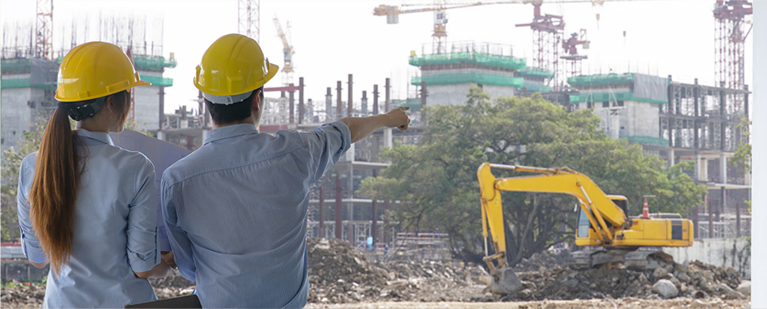The eligibility of RPL for commercial builder’s licences may vary by state. In some regions, RPL may be applicable for both residential and commercial licences, while in others, separate qualifications may be required. Consult your state’s regulatory body for guidance.
Please note: The requirements and processes for obtaining a builder’s licence can change over time, and they may differ from state to state. Skills Certified Australia is not an RTO or licensing body, and for the most accurate and current information, it’s advisable to contact your state’s relevant authority.





















